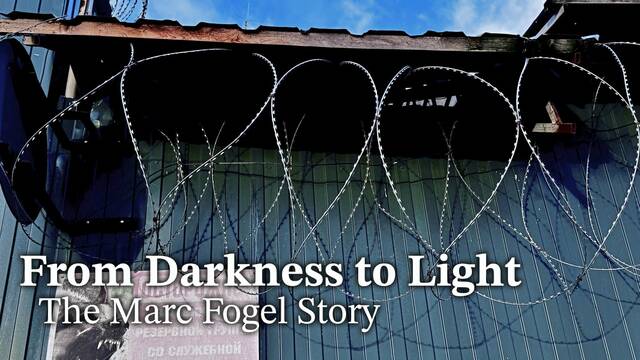PNC Bank on Thursday sued a New York tech-company founder, accusing him of defrauding it of $27 million in a check-kiting scheme that involved the movement of hundreds of millions of dollars.
Dan Herbatschek, a mathematician who founded Ramsey Theory Capital, is named as the lead defendant in the lawsuit, along with other affiliated companies.
Messages left with PNC and Ramsey Thursday afternoon were not immediately returned.
According to the lawsuit filed in federal court in Pittsburgh, PNC learned that three checks deposited by Herbatschek on July 22, totaling $2.9 million had been returned because of insufficient funds.
As PNC investigated the returned checks, the complaint said, “Herbatschek was executing a large-scale fraudulent check-kiting scheme against the bank.”
Over the next several days, the complaint said, Herbatschek deposited 81 bad checks totaling $73.7 million, written from the defendants’ accounts at other banks into their PNC accounts as part of a flurry of deposits totaling more than $314 million, the complaint said.
“After the dust settled, Herbatschek’s fraudulent scheme resulted in defendants’ PNC accounts carrying an enormous negative balance, which remained at more than $27.3 million as of Aug. 11, taking into account some subsequent repayments by Herbatschek as well as other pre-existing and cleared deposits across accounts,” the complaint said.
PNC placed a debit block on the defendants’ accounts on July 31, closed the accounts the next day and recalled all outbound wire transfers.
“Despite PNC’s vigilance, the damage had been done,” the complaint said.
According to the lawsuit, Herbatschek holds 12 accounts with PNC and has signatory authority over all of them.
The complaint includes claims for fraud, conversion, unjust enrichment and breach of contract and seeks a temporary restraining order to prohibit the defendants from accessing or benefiting from the allegedly stolen funds.
Herbatschek was featured in a Wall Street Journal article earlier this year about the ultra wealthy choosing to invest in luxury real estate.
According to the article, Herbatschek paid $12.25 million in May to buy a five-bedroom condominium on Manhattan’s Upper East Side. He was also buying three investment properties priced between $2 million and $5.5 million, the story said.
“The chance of taking a hit in the stock market is a bit too high for the reward, especially when we consider inflation,” Herbatschek is quoted as saying. “Real estate is safer, less volatile.”








